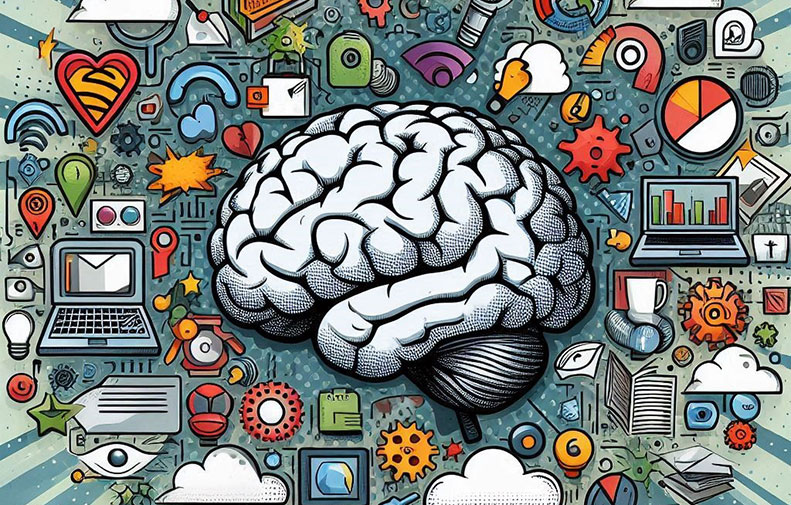Table of Contents
One of the key approaches to AI is Symbolic AI or GOFAI (Good Old-Fashioned AI), which focuses on the manipulation of symbols to represent knowledge and solve complex problems.
In this article, we will delve into the basics of Symbolic AI and explore its applications in various fields.
What is Symbolic AI?
Symbolic AI, also known as classical AI or GOFAI (Good Old-Fashioned AI), is an approach to AI that involves the use of symbols to represent and manipulate knowledge.
In Symbolic AI, knowledge is represented using symbols, such as words or mathematical expressions, and rules are used to manipulate these symbols to perform tasks like reasoning, planning, and problem-solving.
One of the key concepts in GOFAI is the use of logic-based representations, such as propositional logic and first-order logic, to represent knowledge and infer conclusions.
These logical representations allow AI systems to reason and make decisions based on explicit rules and constraints.
Symbolic AI vs. Connectionist AI
Symbolic AI stands in contrast to Connectionist AI, which is based on artificial neural networks and machine learning algorithms.
While Symbolic AI relies on explicit rules and symbolic representations, Connectionist AI learns from data and examples to make predictions and decisions.
Symbolic AI is often used in domains where explicit reasoning and knowledge representation are important, such as in expert systems, natural language processing, and planning.
Connectionist AI, on the other hand, is more suitable for tasks like image recognition, speech recognition, and pattern recognition, where learning from data is crucial.
Applications
This technology has a wide range of applications in various fields, including healthcare, finance, and robotics.
Here are some of the key applications:
Expert Systems: Expert systems are AI systems that emulate the decision-making capabilities of human experts in a specific domain. These systems use GOFAI techniques to represent knowledge and rules to provide expert-level advice and recommendations.
Natural Language Processing: GOFAI is used in natural language processing to understand and generate human language. AI systems use symbolic representations of words and grammar rules to process and analyze text, speech, and other forms of communication.
Planning and Scheduling: Symbolic AI is used in planning and scheduling applications to generate optimal plans and schedules for complex tasks. AI systems use symbolic representations of goals, actions, and constraints to plan and schedule activities efficiently.
Robotics: GOFAI is used in robotics to control and coordinate the actions of robots in real-world environments. AI systems use symbolic representations of objects, tasks, and actions to plan and execute robotic tasks like navigation, manipulation, and interaction.
Cognitive Modeling: Symbolic AI is used in cognitive modeling to simulate human cognitive processes and behaviors. AI systems use symbolic representations of mental states, beliefs, and goals to model and understand human cognition.
Challenges and Future Directions
While this technology has been successful in many applications, it also faces several challenges, such as scalability, knowledge acquisition, and uncertainty handling.
Symbolic AI systems often struggle to handle large amounts of data and complex real-world environments, where rules and representations may be incomplete or uncertain.
One of the key directions in Symbolic AI research is the integration with Connectionist AI techniques, such as deep learning and reinforcement learning.
By combining the strengths of both approaches, researchers aim to develop AI systems that can reason, learn, and adapt to changing environments more effectively.
In conclusion, Symbolic AI is a powerful approach to AI that focuses on the manipulation of symbols to represent knowledge and solve complex problems.
With its applications in expert systems, natural language processing, planning, robotics, and cognitive modeling, GOFAI continues to drive innovation and advancements in AI research.
By addressing the challenges and embracing new directions in AI research, Symbolic AI holds great promise for the future of artificial intelligence.
